
Power on: Africa works on solving its electricity deficit
The slow pace of electrification is the Achilles’ heel of the African growth narrative, writes Johan Steyn, Africa Fund Manager at Prescient Investment Management

The slow pace of electrification is the Achilles’ heel of the African growth narrative, writes Johan Steyn, Africa Fund Manager at Prescient Investment Management
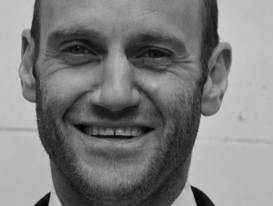
The current market environment in Africa is creating strong investment opportunities, write Harry Wulfsohn, Executive Director Imara Holdings Ltd (pictured) and Stuart Theobald CFA, Imara Guest Analyst
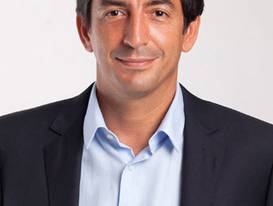
Africa Global Funds speaks with Khaled Ben Jilani, Senior Executive Partner at AfricInvest, about fundraising for its new financial sector private equity fund, investment strategy and opportunities.
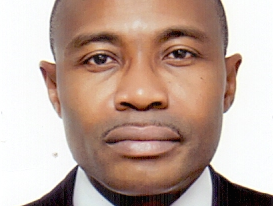
Founded in 2004 and headquartered in Abuja, Sigma Pensions is the fifth largest pension fund administrator (PFA) in Nigeria. Sigma was one of Nigeria’s first PFAs and now has over 600,000 members and just under N300bn ($1bn) assets under management. The funds under management comprise of RSA Fund, Retiree fund, Afribank Fund, TCF Fund, CBN Fund, NNPC Fund, SEC Fund, NEXIM Fund, FAAN Fund, Jigawa Fund and Intercontinental Bank Fund.

Over the past few years, the Mozambican real estate market has rapidly evolved with developers tapping into the potential of the new gas discoveries. Not only Maputo’s skyline was rising with new buildings to house luxury hotels, condos and office parks, but also the ‘promised land’ in the northern regions of Nacala, Pemba and Pemba were showing signs of development.
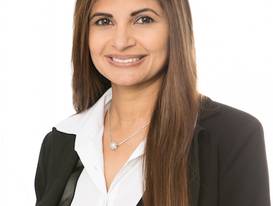
Post Mozambique’s independence from Portugal and its emergence from civil war, the government focussed on creating legal frameworks governing land while encouraging investment. The rationale behind the Mozambican Land Law and its Regulations was to protect land rights of communities, women and farmers. There is therefore no private ownership of land in Mozambique. In terms of the legal system, land and its associated resources are the property of the State and cannot be sold, mortgaged or alienated in any way. The Land Law however, provides for a lesser real right - the right to use and benefit from the land known as Direito do Uso e Aproveitamento da Terra (DUAT). DUATs provide their holders with the right to use the land for specific and authorised purposes subject to certain limitations imposed by the Land Law.


What are some of the stumbling blocks and complexities faced by private equity managers working towards an exit in Africa?

While Anglophone countries in Africa have traditionally attracted more attention from foreign investors, the Francophone countries are entering the radar of many asset managers. Côte d’Ivoire has led the pack as the largest economy in Francophone West Africa and the fastest growing on the continent, while Senegal is also experiencing its own rapid economic development.
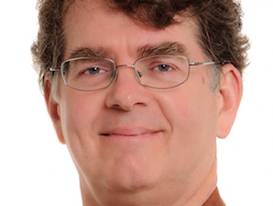
Two Africa-focused fund managers have recently joined Capria Network, a global network of impact fund managers, after completing a 7-week “Intensive” program. Brightmore Capital, an investment management and advisory firm focused on the West African region, and Edge Growth, a venture capital firm based in South Africa, have joined existing managers from Africa, Asia, and Central America, bringing the total number of impact investors in the network to nine.
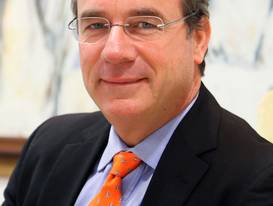
Over the last two decades, African private equity (PE) has emerged as an expanding asset class, both in funds raised and capital deployed. Last year alone 145 transactions worth a combined $3.8bn were announced. Its evolution has been underpinned by the enduring commitment of DFIs, local and international development banks and favourable growth trends, such as population growth, steady increase in disposable income, diverse (and expanding) economies, new and untapped markets - all unique to the African landscape.

Development finance institutions (DFIs) have traditionally been cornerstone investors in African private equity, helping to stimulate the local private sector by providing a way for small and medium sized enterprises to access capital. Over the past few years a few very large and well-known fund managers have been able to reach a first close without DFI capital. However, there has since been a significant downturn in macro-economic performance and an increase in instability in emerging markets that has tended to reduce global capital inflows into Africa.
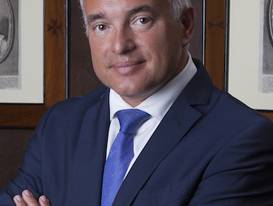
For the last eight years, Mediterrania Capital Partners has focused on Capital Growth markets in North Africa and Sub-Saharan Africa, characterized by consumption-driven economies, pro-business policies, rapid urbanization, favorable demographics, and growing consumer classes.

In 2016, African Infrastructure Investment Managers (AIIM) sold investments in three privately-concessioned toll roads in Southern Africa to a consortium of largely existing investors including Public Investment Corporation, Liberty Group, Old Mutual and Africa Finance Corporation. The sale, which was structured via the South Africa Infrastructure Fund (SAIF), represents the largest private equity realization for toll road infrastructure in Africa to date.